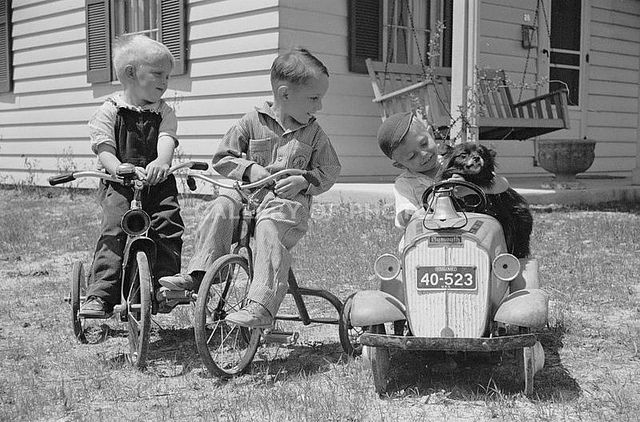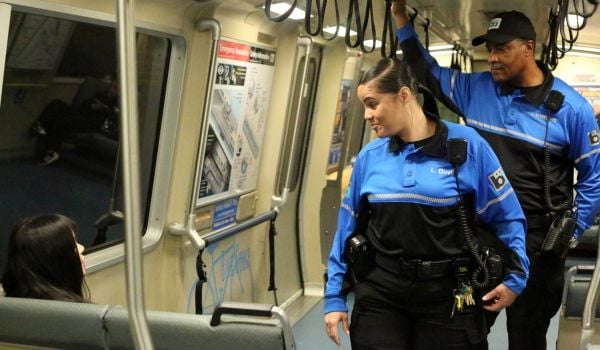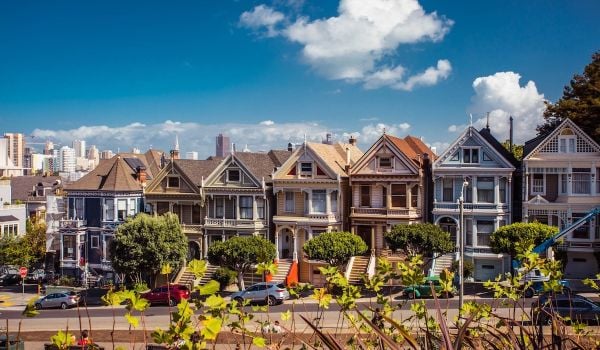The New York Times this past weekend noticed something to which we in the urbanist community have been trying to call attention to for a few years now: Americans, and especially younger Americans, are driving less.
In a Saturday article, Times environment and health reporter Elisabeth Rosenthal cites an analysis showing how the number of miles driven by Americans has steadily decreased over the last eight years. The report, done by investment research company Advisor Perspectives, found that the national driving rate peaked in 2005 and has since fallen by almost 9 percent, returning to where it stood in 1995.
While it’s great that an institution like the Times has joined the end-of-car-culture party — plus the story appeared amid these two editorials advocating for a carbon emissions tax — there isn’t a whole lot of new information for those who have followed this issue closely over the last decade or so.
A few tidbits in Rosenthal’s story did stand out, however.
For one, the nationwide decline in driving began about two or three years before the Great Recession, meaning that the pressures of a bad economy alone likely aren’t the only reasons for the trend. As Michael Sivak, a research professor at the University of Michigan’s Transportation Research Institute, told the Times, “I think that means something more fundamental is going on.”
In other words, those who today clamor for walkable communities well serviced by public transit probably won’t change their minds and flee for exurban McMansions once the economy improves.
Another part of the story raises an important question about who, exactly, gets to enjoy a car-free or car-lite lifestyle. Rosenthal includes an anecdote about how her children and those of Sivak exemplify the tendencies of younger people to care less about cars than their parents.
Rosenthal’s kids have forgone getting driver’s licenses altogether, and instead “organize their summer jobs and social life around where they can walk or take public transportation or car-pool with friends.” Sivak’s son, who lives in San Francisco, has a car but prefers to take public transit when possible — even though doing so often takes longer than driving.
This about that, though: San Francisco, the second most walkable city in the country (per WalkScore) and known for its exorbitant rents, has one of the better public transit systems in the country and still it’s usually quicker to drive to destinations there. On top of that, it’s not like the majority of people have the incomes to pick up and move to San Francisco — or New York, Boston or Chicago — in search of a lifestyle where they can be less dependent on cars. While automobiles can cost their owners up $9,000 or more a year, the median rent in San Fran is more than $3,000 a month.
And while Riosenthal’s children have the option to organize their lives around transit and car pooling, they’re still just college kids — she puts their ages at 19 and 21 — who don’t have to worry yet about salaries, rent payments and the like.
So despite whatever promising trends the Times and others have begun to recognize, for the majority of Americans in most parts of the country, cars will continue to reign supreme unless something bigger starts to change. Something in the way we plan our infrastructure and price our housing.
Special thanks to The Times Is On It Twitter account for the headline idea.
















